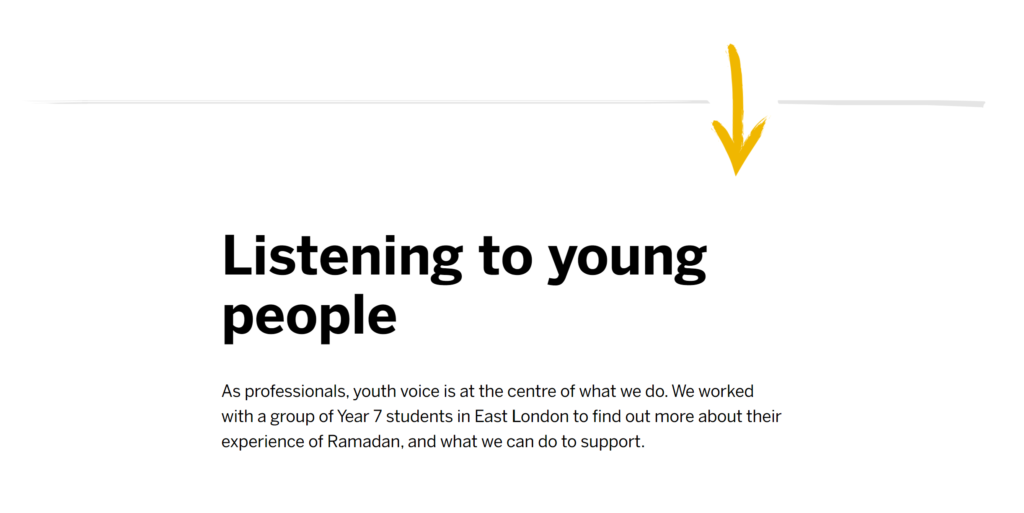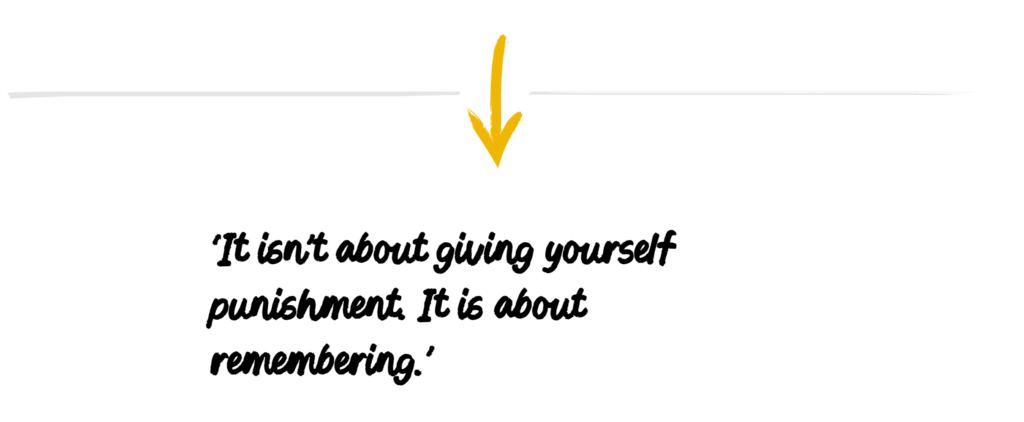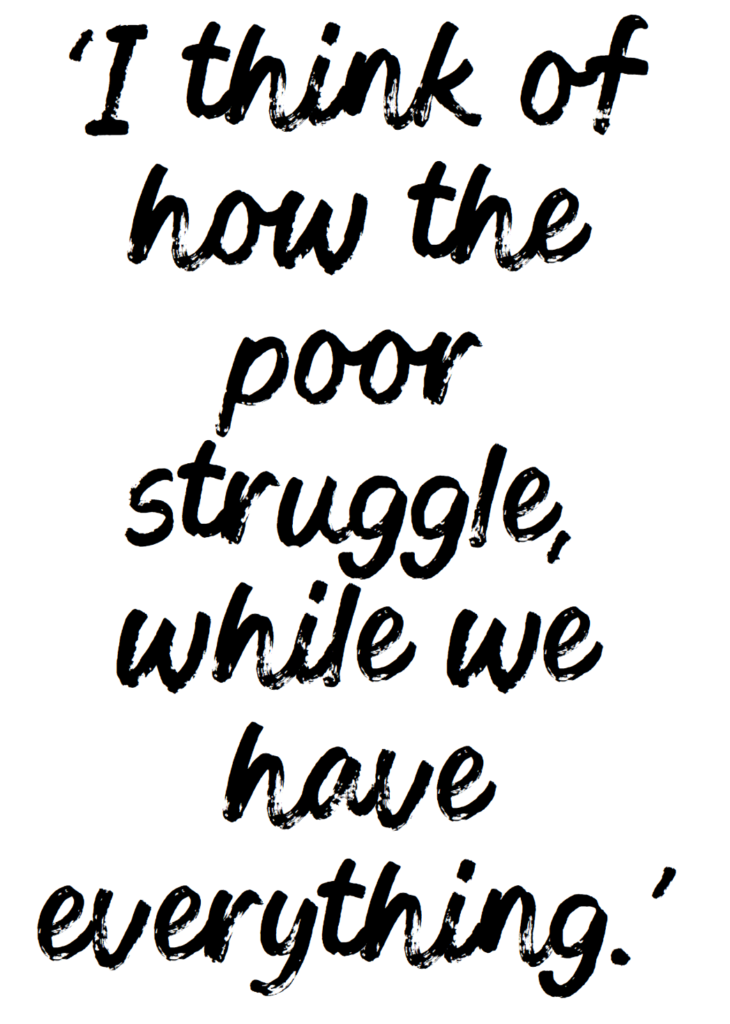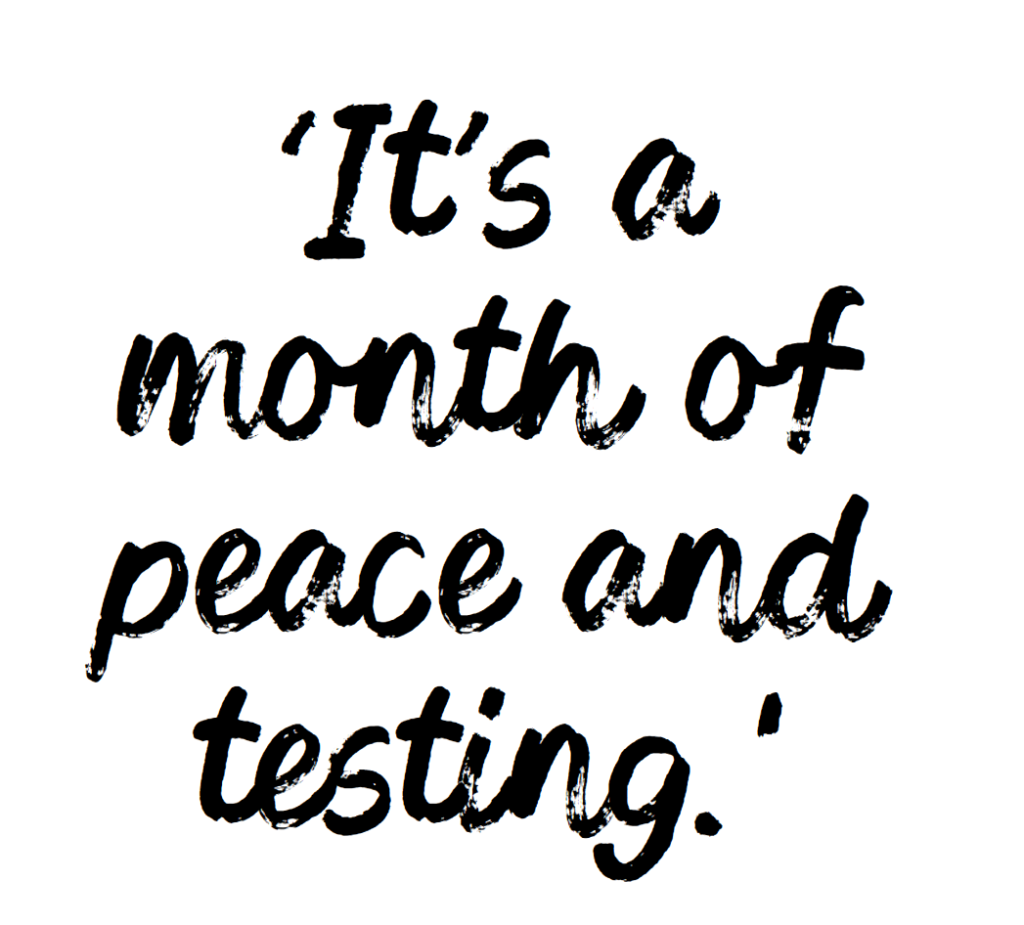Ramadan is a time of reflection for young Muslims. It allows them to contemplate the things they appreciate and the impact their actions have on the world. Our Resilient Me service supports the mental health and well-being of Muslim children through group work in London schools. We spoke to a group of Muslim children to find out what Ramadan means to them, and to learn more about how professionals can support children during this time.
As professionals working with young people, be it youth workers, teachers, care workers or other practitioners Ramadan can be a challenging time for us to navigate. Of course, we wish to be supportive of young peoples’ faith and identities but sometimes this may seem to conflict with what we feel is beneficial for young people, or the needs of our organisations. Such as when young people want to go out late at night for night prayers. This can be even more evident when Ramadan falls during exam season and we worry about the effect fasting and late nights can have on exam results and lasting impacts on a young person’s future choices.
Different organisations have developed different methods to work with young people, their families and communities during Ramadan. Many schools have developed healthy practices; some schools require parental consent for fasting, some schools work with local Islamic organisations to provide guidance on the best foods to eat during sehri (morning meal) and iftar (evening meal) to ensure young people can keep up their energy and concentration for exams, some social workers have suspended curfews so young people can attend congregational prayers.
However, we have also seen in the media schools who have banned pupils from fasting, forced young people to participate in vigorous physical activity during Ramadan or encouraged them to break their fast.

So, what is the best thing for professionals and organisations to do from a culturally competent and faith sensitive standpoint? At The Children’s Society we believe that Youth Voice should always be at the centre of what we do, young people are the experts on their own lives and experiences therefore any response needs to be centred on Young People’s perceptions of Ramadan.
As part of our Resilient Me programme, which seeks to support the mental health and wellbeing of young Muslims through groupwork in London schools, we worked with a group of Year 7 students in an East London school. This is what they said Ramadan means to them.

Positivity

Young people are aware of the negative connotations some have regarding their participation in the practices of Ramadan.

Young people wanted to let others know
“It’s not just fasting and torture”
Young people made a clear connection between participation in Ramadan and positive wellbeing, describing it as a time that makes them feel “relaxed” and creates a “State of peace”.
One young person showed an awareness of his reactions while fasting
“I get annoyed easily during Ramadan, please leave me alone”
I am sure we can all understand being grumpy when hungry and tired, and perhaps not always responding in the most considered way during times like this. As practitioners we can be aware that this is what some young people may be experiencing in Ramadan and try not to take things too personally but remain patient and calm.
Further to this, young people described Ramadan as:

“the busiest and most special month”
“You get peace at home”
This demonstrates the importance young people place on Ramadan and how much it means to them to be allowed to participate.


The Five Ways to Well-being are one of the tools we use day-to-day. They offer a framework for children to improve their well-being.
One of the ways we often explore is ‘Take notice’, which includes awareness of yourself, your surroundings and the wider world. Young people told us Ramadan helps them build this awareness.
“It reminds me to be grateful for what I have because other people might not have the stuff I have”
The ability to appreciate and recognise good things in life is a practice that professionals encourage. It is beneficial to well-being by developing an appreciation of all the things the young person has accomplished.

Many young people explained how fasting in Ramadan helped them develop thankfulness and gratitude for the things they have, while simultaneously raising their awareness that others might not have access to the same resources as them.
“makes me feel about the people that are in need of basic survival”

This ability to appreciate and recognise good things in life, that young people told us Ramadan provides, is beneficial to wellbeing and is something professionals should encourage.

Relationships
Relationships

Another theme in many of the young peoples’ responses was a positive impact on relationships.
“It brings you closer to family and friends”
“I like Ramadan because I get to spend time with my family and friends.”
This links to another one of the 5 Ways to Wellbeing; Connect. Good relationships are essential to wellbeing. For many Ramadan is a time which allows these relationships to be developed and sustained through eating, learning and praying together as a family.
For many Ramadan is a time which allows these relationships to be developed and sustained through eating, learning and praying together as a family.

Community

As well as connection with immediate family and friends, young people also expressed how Ramadan makes them feel connected to their communities
“Ramadan makes me feel happy because it reminds me of other people [also fasting] around the world”
The sense of belonging and acceptance that being connected to community and the wider society brings has a positive effect on wellbeing and can help prevent feelings of disenfranchisement and isolation that can make young people more vulnerable to exploitation.

Religion

Ramadan is one of the 5 pillars of Islam, so it is not surprising many young people referenced their relationship with God.

Spirituality and religion are well documented as having many positive impacts on wellbeing. Religious practices such as prayer and supplication are a form of mindfulness. As well as providing a purpose to life, religion can also give young people a lens through which to interpret and understand issues in the world, and encourage them to develop resilience when experiencing demanding situations.

Lasting Impact

A finding that may surprise some is that young people described the benefits of taking part in Ramadan extending beyond the month itself.
For some it makes them understand the strength they have to resist things; if you can resist instincts to indulge in the basics needed for survival such as food and sleep, then you can use this skill to resist harmful things during the rest of the year.
“Ramadan gives many benefits to your mental state and teaches your body to withstand temptation”
Young people described how the lessons learnt during Ramadan have a positive and lasting effect on their character.
“to be respectful, kind…help poor people”

Achievement

Another thing young people told us about, is the sense of pride and achievement they feel
“I feel good and satisfied when I complete my fasting”
Professionals working with young people could acknowledge this in the same way they do other achievements in a young person’s life, thus showing they recognise, value and encourage this part of a their identity.
Eid

After Ramadan comes Eid! Many young people mentioned the anticipation and excitement of looking forward to the Eid celebrations that occur at the end of the month.
“Lots of presents”
“Eid is after and I get money from extended family”
“Very fun at the end when we have Eid”

Professionals working with young people need to acknowledge the positive feelings young people associate with Ramadan.
For many being Muslim is an important part of their character. To criticise this can damage a child’s sense of self.

Through our conversations, we can see the positive and lasting impact participating in Ramadan can have on children’s well-being, resilience and behaviours.
Young people feel their participation in the practices of Ramadan, such as fasting, charity and night prayers, is something to be encouraged and celebrated. Many of their families share this understanding. Culturally competent and faith sensitive professionals should be aware of this and appreciate the value and specialness of Ramadan to the young people they work with.
